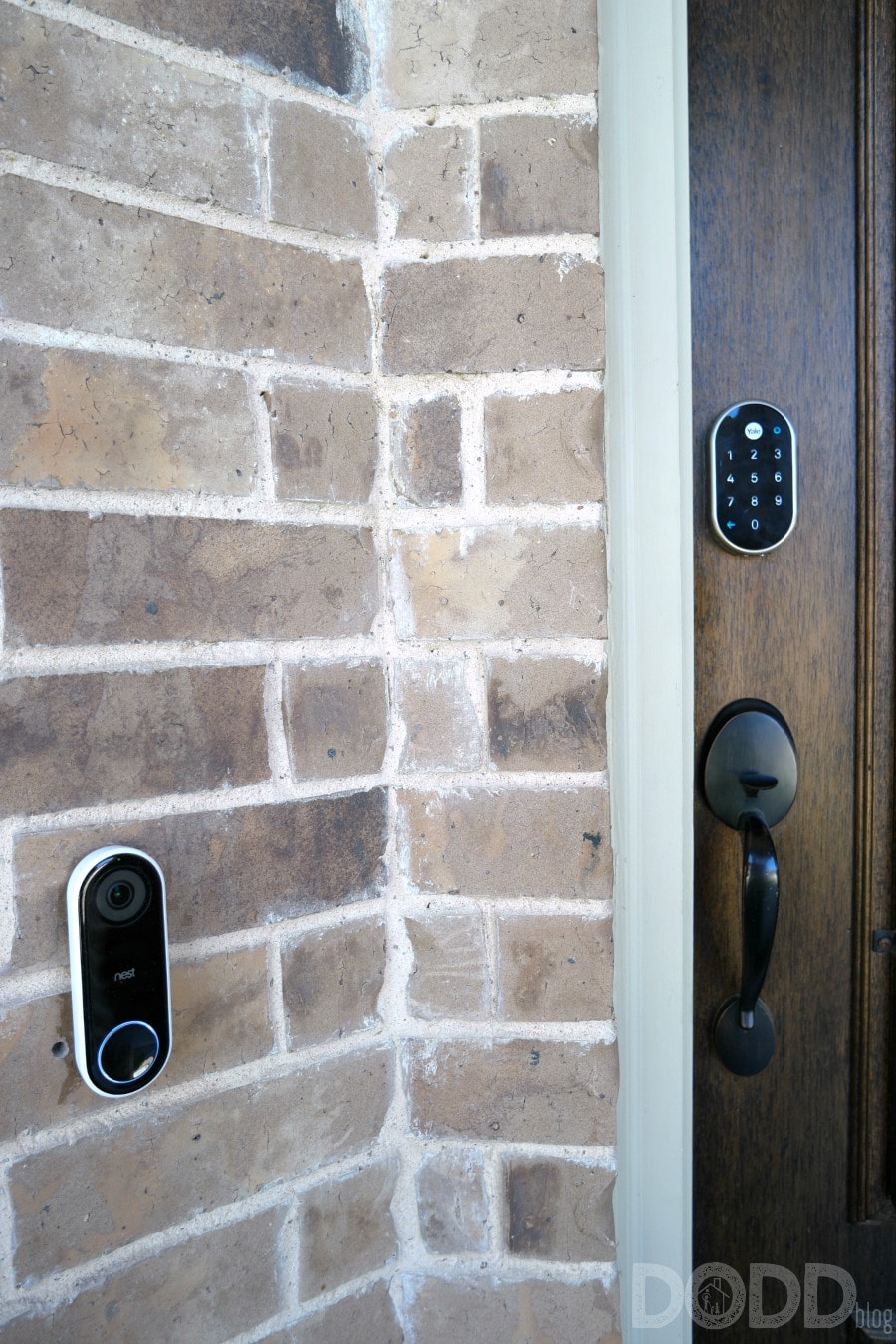From home entertainment and communication to travel and healthcare, seemingly every facet of our lives is connected to technology.

But First, What are Home Smart Locks?
Indeed, connectivity and constant innovation not only make our everyday lives easier but also generally improve our quality of life. Not to mention, an essential part of our livelihood is the security of our property — and one way to achieve this is through the use of smart locks.
Here are a few reasons why so many homeowners have been upgrading their front doors with home smart locks.
Home smart locks are one of the most important parts of a connected and internet-enabled home. They are also one of the easiest to get started with. Smart locks use electromagnetic, Wi-Fi, or Bluetooth signals to provide you with remote control access to your door lock using an authorized device. Additionally, they also give you information on who or what accesses your home.
The Different Types of Smart Locks
There are different ways to classify smart locks, but one common method is to group them according to the system of communication. Other categories are based on style and design. Following the system of communication grouping, there are three major types of smart locks, and they include the following
1. Bluetooth-Enabled Smart Locks
With this type of smart lock, you connect the lock to your device via a Bluetooth connection. The implication of this is having access to your front door within a particular distance either through voice command, a gesture or even by virtue of your presence in that vicinity. One benefit of this type of smart lock is that it doesn’t require frequent changes of batteries, as Bluetooth consumes a relatively low amount of energy.
2. Wi-Fi-Enabled Smart Locks
This type of smart lock is built for access over extended distances. Think of situations where you’re vacationing and need to give access to a service provider or someone to walk your dog. Wi-Fi-enabled locks help you achieve these once it is connected to your device. Since most homes have a Wi-Fi system in place, these locks can be easily integrated into the existing framework. This can include home assistant software like Alexa or Google Assistant that can be connected to security cameras and other smart appliances. However, be mindful of occasionally needing to change the batteries with this setup.
3. Z-Wave-Enabled Smart Locks
This type of smart lock operates on a Z-wave wireless connection to unify home electronics into a single network without having to run cables or reprogram devices. If you’re someone who doesn’t want the interruptions that could potentially plague a Wi-Fi connection, this provides an alternative.
The Benefits of Installing a Smart Lock are Immeasurable
There are several exciting reasons why you should invest in a smart lock, including the following reasons:
- Smart locks give you complete control over who accesses your home and when. You can create special passcodes for each of your family members. You can also keep an eye on their comings and goings, all remotely.
- No more key losses. Even if you lose your authorized device, all you have to do is contact your smart lock provider.
- Smart locks are harder to crack than regular locks (of course), so they serve as a rather effective burglar-proof system.
- They improve your home style. Smart locks take your front door from having clunky key locks to sleek, aesthetically pleasing locks that make your front door look better.
Making a Smart Home Decision With Smart Locks
Other criteria to classify smart locks include whether it is operated with a keypad, fingerprint, or some gesture like tapping your gadget on the device. Choosing a type is dependent on your needs.
Regardless of your choice, smart locks can be a great way to add an extra layer of security and digital consciousness to your front door.

